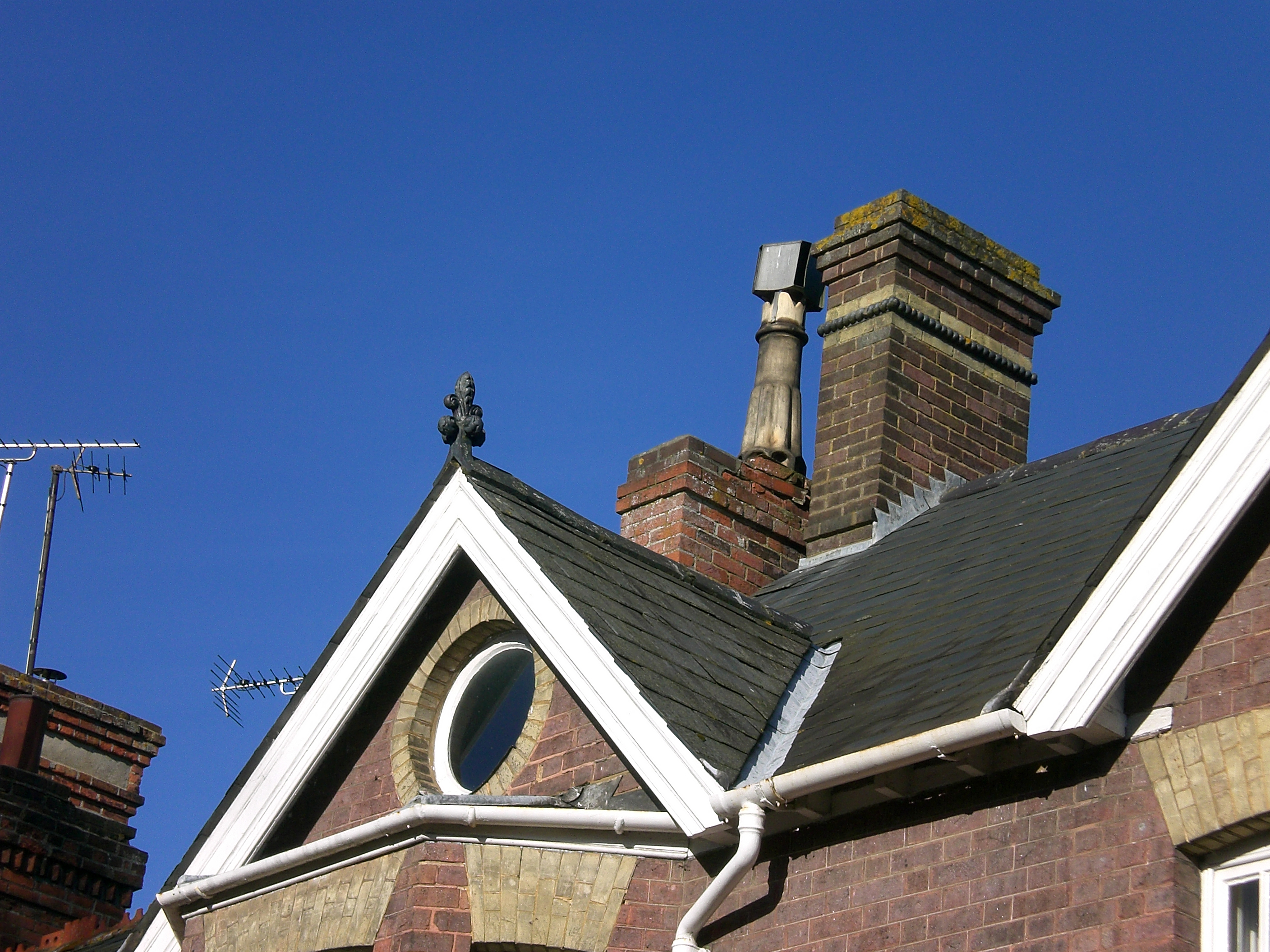How to buy a house at auction
Wondering how to buy a house at auction? If you’re looking for a quick way to buy a new home, getting your house at auction might be the answer. Follow our step by step guide to find out what you need to know


Wondering how to buy a house at auction? The house-buying process can be lengthy and uncertain right up to the point of exchange. Buy at auction, though, and the deal’s sealed with the bang of the auctioneer’s gavel. But if you’re going to get a good deal there’s work to do beforehand. Be prepared with our guide to what to expect.
And when you're done, check out our comprehensive guides to buying a house and mortgages.
1. Find out what sort of homes come up at auction
Around 50 per cent of the properties that come up at auction each year are vacant flats and houses, according to EIG Auction Insight. Be aware that most will be in need of work. It’s also possible to find one-offs such as churches among the lots. If you want more info on this, find out more about converting an old building, whether a church, barn or school.
2. Get your finances in shape
If you’re buying with a mortgage, it’s vital to get the agreement in principle lined up before you get excited over a flat or house that’s up for auction. You’ll need to pay the 10 per cent deposit when the gavel falls and then have the remainder ready generally 20 working days later, so tell your lender the mortgage is for a property that’s being bought at auction. Finding the best mortgage deal is essential for these type of properties, and you'll need to secure it as soon as possible. An online calculator (below) can be helpful here.
3. Find auction houses
You’ll need to know which auction houses cover the area in which you want to buy. Search online and request catalogues.
For UK-wide information, EIG Auction Insight lists property auctions and has details on properties coming to auction and those that have been listed previously. Some information is accessible to browse but you’ll have to pay to access the whole of the site.
You could also check out UK Auction List. Subscribe to see properties for sale at auction and view a calendar of auctions.
4. Look at auctioneers’ catalogues
The catalogue is normally available two to three weeks before the auction, although properties can be online before that. You can register an interest in a property so you’re updated on its status. There will be a guide price, but this can change up to the sale day. Properties can also be withdrawn or sold before the auction.
5. View possible properties
As the fall of the gavel makes the buy legally binding, there’s plenty to do before an auction. You’ll need to view likely flats or houses (find out how to get the best out of this in our guide to viewing property), do your research on what a property might sell for – which will usually be a lot more than the guide price – and get the legal pack. Make sure you know, too, what the ceiling price might be for a similar house in the road or area – this will help ensure you don't overpay in the heat of the moment. The legal pack contains local searches, the fixtures and fittings list and seller’s information form, leasehold details if that’s applicable, and title deeds.
If the property needs modernisation and you don’t have expertise, you might want to bring a builder, surveyor or architect with you to viewings to ascertain whether buying it might leave you with a whole raft of costs you hadn’t envisaged.
Still keen? It’s at this point you’ll want to have a survey and get a solicitor to scrutinise the legal pack. Of course, all this costs money – and you’ll be spending it without knowing if the property will eventually be yours.
6. Buy a property before the auction
If you don’t want to wait until the sale because you’ve found the right property, you can make an offer in writing to the auctioneer beforehand. Be ready with the money if you do this. If the seller accepts, contracts are exchanged straightaway and you will have to pay the 10 per cent deposit with the other 90 per cent due within 20 working days.
7. Attend the auction
It’s worth going along to a few auctions to watch before you attend with the aim of buying. On the day, set a maximum figure you’re prepared to spend on the house or flat, bearing in mind all the information you’ve gained from researching what other properties have sold for, viewing it, the legal pack and from the professionals you engaged.
Arrive in good time to register. It’s worth checking with the individual auction house exactly what’s required in the form of ID and proof of your address, plus evidence you can pay the 10 per cent deposit. The auction house also makes an administration charge if yours is the winning bid, so be prepared for this, too.
8. Bid for the property
Make sure the auctioneer can see you and that your bids are clear – nodding or raising your hand will indicate you’re doing so. Don’t get caught up in the moment and exceed the maximum bid you set yourself beforehand.
9. Buying the house or flat
If the house or flat is yours, the memorandum of sale is completed immediately with the 10 per cent deposit payable and the rest usually due 20 working days afterwards. You must now insure the property.
Bear in mind that if you can’t complete the sale you will lose the 10 per cent deposit.
10. Online auction alternatives
Online conditional auctions are an alternative to attending a traditional sale. You’ll need to check out the property and the accompanying information online. If you’re still keen, you can get a solicitor involved, then register a bid.
In exchange for a non-refundable fee, the best bidder will get a period of exclusivity in which to obtain a mortgage, get a survey and exchange contracts with a fixed completion date that’s likely to be within eight weeks or 56 days of winning the bidding process. Bear in mind that the non-refundable fee is quite high – 2.5 per cent plus VAT, or at least £6,000 + VAT. However, the properties listed at online auctions are usually competitively priced, so you could still save money by buying one.
11. Compare mortgages
If going via the traditional auction route, it's important to start doing your mortgage research as far in advance of the auction as possible, as you won't have much time to secure the mortgage once you've purchased the house. We've teamed up with Habito, who will not only help you find the the best mortgage for your circumstances, but they'll also answer any questions you may have and help you with the documents. Fill out the form below, then speak to an advisor for a free, unbiased whole market mortgage comparison – and all the advice you need, without having to commit.
More about buying property:
Get small space home decor ideas, celeb inspiration, DIY tips and more, straight to your inbox!

Sarah is a freelance journalist and editor writing for websites, national newspapers, and magazines. She’s spent most of her journalistic career specialising in homes – long enough to see fridges become smart, decorating fashions embrace both minimalism and maximalism, and interiors that blur the indoor/outdoor link become a must-have. She loves testing the latest home appliances, revealing the trends in furnishings and fittings for every room, and investigating the benefits, costs and practicalities of home improvement. It's no big surprise that she likes to put what she writes about into practice, and is a serial house revamper. For Realhomes.com, Sarah reviews coffee machines and vacuum cleaners, taking them through their paces at home to give us an honest, real life review and comparison of every model.